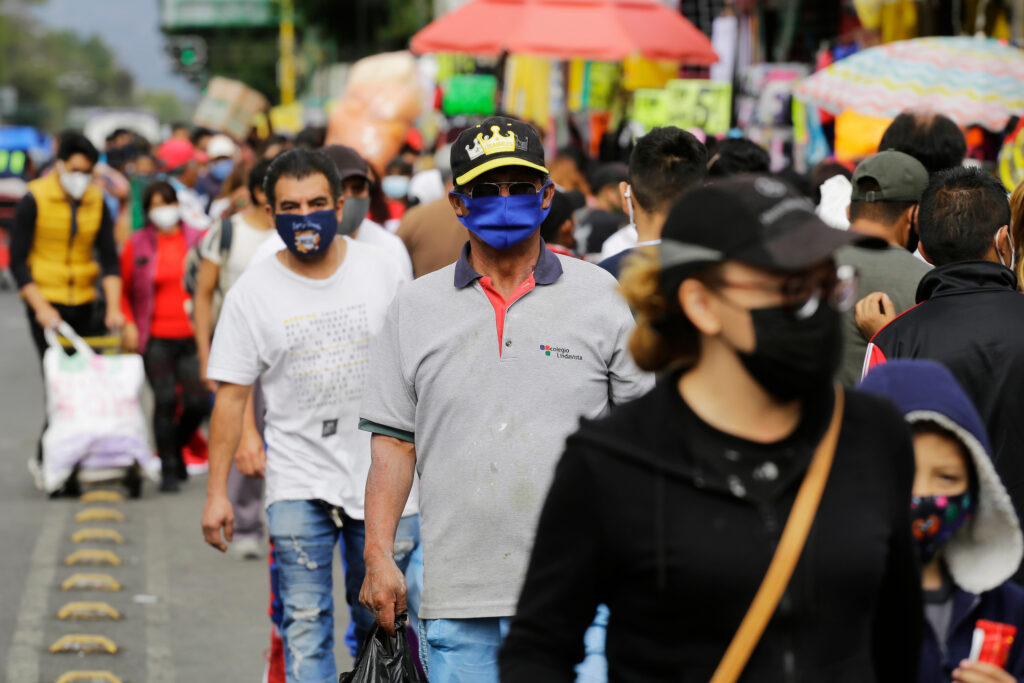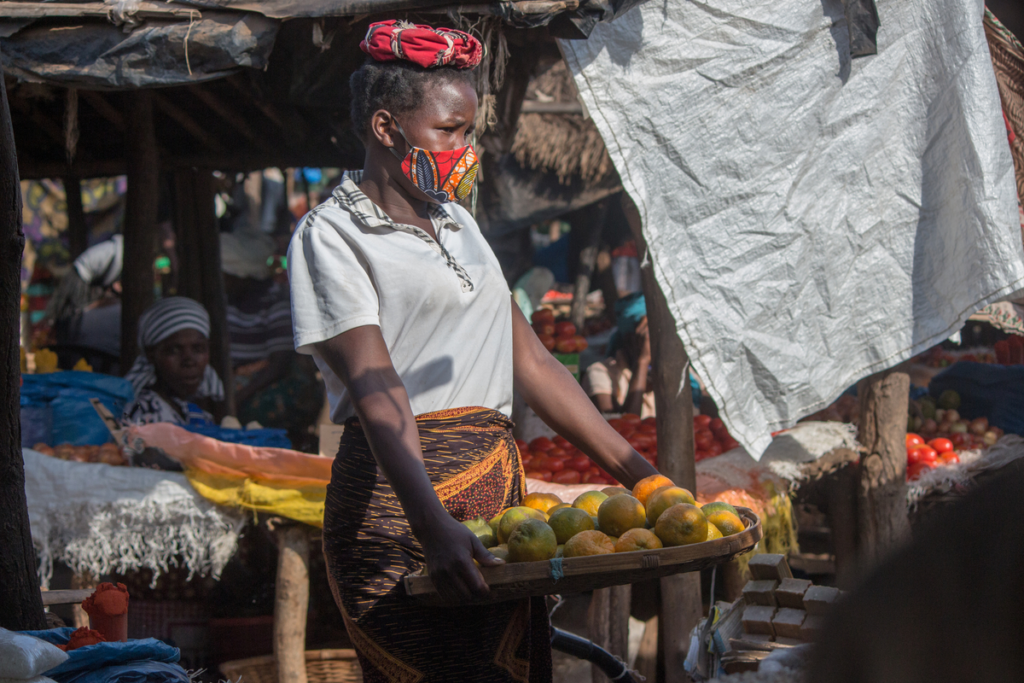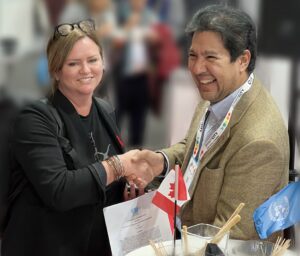In the words of UN-Habitat Executive Director, Maimunah Mohd Sharif, the “pandemic has had a terrible impact on people in cities, towns, and communities. Urban areas account for 95% of all confirmed cases and have been at the epicentre of this pandemic. We have seen hospitals overflowing, jobs disappearing, schools closed and movement restricted. But we can, and we will recover, and use our experiences to build back better and greener.”
From an economic point of view, urban areas produce over 80% of global economic output; however, with the majority of cases occurring in urban areas, continuous restrictive measures to control the pandemic have led to unprecedented economic and financial consequences globally. As the next waves of COVID-19 have hit, it has become increasingly difficult for the governments at all levels to find a balance between public health and economic activity measures to tackle the spread of COVID-19.
“The COVID-19 crisis has set back the global gains in the fight against poverty, pushing an estimated 71 to 100 million people in 2020 below the extreme poverty line, as well as increasing inequality, particularly in developing countries”.
Yet, as with every crisis, it also presents a unique opportunity to rethink the system and build back better, and cities can have a leading role in this. While the crisis is ongoing, how are cities addressing it and, more importantly, how do they ensure a sustainable and inclusive recovery? What can cities learn from each other, and how can they become more resilient in economic and financial aspects in order to be prepared and be able to withstand similar shocks in the future? What instruments and mechanisms could and should be in place to respond to the crisis in a more resilient way

The first version of the Global Compendium of Practices on Local Economic and Financial Recovery launched on the project webpage within the Urban Resilience Hub in December 2020 tries to answer some of these questions by showcasing practices on financial and economic response and recovery measures to COVID-19 crisis from various cities across the world.
The compendium is a joint publication of UN-Habitat and the United Nations Capital Development Fund (UNCDF) with the support of the five Regional Commissions (UNECE, UNECA, UNESCWA, UNECLAC, UNESCAP), and forms part of the project on Building Urban Economic Resilience during and after COVID-19, which has the ultimate goal of helping cities design their recovery plans. It was informed by an online questionnaire, and two Global Virtual Workshops held in August 2020 that were attended by a total of more than 600 participants. The project materials and video recordings of these workshops are available also on the project webpage.

The Global Compendium of Practices on Local Economic and Financial Recovery is structured around the four core dimensions of urban economic resilience: Business Environment, Labour Market, Financial Environment, and Economic Governance, which stem from the conceptual framework developed by the UNCDF for this project.
Through the lens of these four dimensions, the Compendium highlights key lessons learned from cities.
Economic governance
The COVID-19 pandemic has contributed to a surge of community engagement and collaborative governance practices, which took the form of various interaction mechanisms and often innovative collaborations, regardless of the strength of the local democratic institutions. It has also evidenced the importance of strong leadership and coordination, which implied envisioning economic recovery from the early stages of the COVID-19 response, and underlined the need for a territorial approach to ensure an inclusive response and recovery, following the goal of leaving no one behind.
Financial environment
A sharp decline in municipal revenues has accentuated the need for a smart public financial management approach based on the 4R principles for urban finance for recovery, namely, reprioritization of budgets, ring-fencing the revenues, reinforce budget and fiscal autonomy, and rebuilding fiscal space better, alongside the acute need for a diversification of revenues of the local economies. The pandemic has also demonstrated the growing tendency of using digital tools and big data for more evidence-based planning and as a way to offer support during the crisis and ensure delivery of public services, among others.
Business environment
The key common aspect was ensuring the continuity of public services, which have forced cities to restructure and rebuild their services to address the new needs and to comply with new requirements. Many cities had to introduce new policies to guarantee continuous supply of basic services, or to retrofit public spaces and properties to allow for continuity of economic activities. In many cities, the informal sector can account for a major part of the economy, and enabling the informal sector and livelihoods somewhat sustained the demand and supply sides and prevented informal workers from further slipping into poverty.
Labour market conditions
For labour markets, when a large portion of the population suddenly found themselves in a difficult economic situation, inclusive redistribution policies and effective safety nets in the form of schemes for the distribution of financial and nonfinancial support to the citizens in need have proven to have an instrumental value for keeping an able and healthy labour force. The COVID-19 crisis has only further highlighted the importance of having effective and robust redistribution mechanisms and safety nets for urban economic resilience and recovery.
_______________
To read and download the full version of the compendium, please visit: https://urbanresiliencehub.org/wp-content/uploads/2020/12/global-compendium-of-practices-covid-19.pdf
For more information on the project, check out the project webpage: https://urbanresiliencehub.org/economicresilience
If your city is interested in contributing to the compendium, please feel free to get in touch with us for a case study template at info@cityresilience.org or contact
@United Nations Human Settlement Programme (UN-Habitat) Esteban Leon – esteban.leon@un.org





